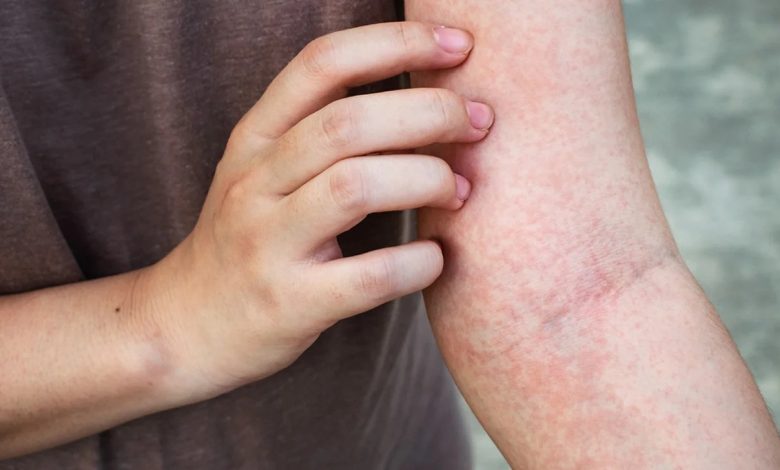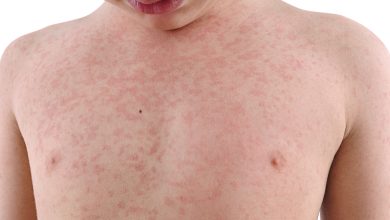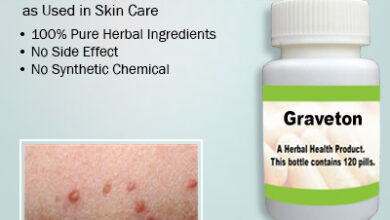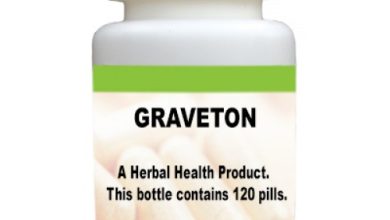Itchiness On the Skin: What Causes It and How to Find Relief

Itchiness on the skin can be an incredibly frustrating and uncomfortable sensation. Whether it’s a persistent itch or an occasional one, it can interfere with our daily activities and disrupt our peace of mind. But what exactly causes this annoying sensation? The common causes of itchiness on the skin, with a specific focus on Grover’s Disease. Some natural treatment options that can provide relief for those suffering from this condition. So, if you’re tired of constantly scratching and looking for ways to soothe your skin, keep reading to find out more about itchiness on the skin and how to find relief.
The Mechanism of Itchiness
Let’s dive a little deeper into the complex world of itchiness or pruritus, as the medical world refers to it. It’s not simply a matter of “something’s irritating my skin, so I’ll scratch it.” Nope, it’s much more intricate than that. Itchiness is an intricate dance of biochemistry and nerve networks, all working together to signal your brain that something’s up with your skin.
Think of it like this: your skin’s nerve endings are like a vast network of high-speed, super-sensitive information superhighways. When specific substances like histamines hit the road, they speed along these highways, sparking off an itchy sensation. Imagine the itch as the flashing neon sign at the end of the highway that says, “Time to scratch now!”
This condition revs up the itchiness by inflaming the skin cells. You can think of it as a traffic jam on your skin’s information superhighway, creating an intense itchy sensation. But there’s a silver lining here. Natural Treatment for Grover’s Disease like Graveton act like a skilled traffic controller, calming the inflammation, easing the congestion, and ultimately soothing the itch.
Related Article: Rashes All Over the Skin: Red Alert Identifying and Treating
The Common Causes of Itchy Skin
Did you know that there’s a myriad of conditions that can make your skin break into a maddening itch? Let’s start with dry skin or xerosis, which tops the list and is frequently a result of environmental triggers such as chilly weather or a lack of humidity. But there’s more. That persistent itch you’re experiencing could be due to an allergic reaction or a pesky insect bite. Then there are skin conditions like eczema and psoriasis that make your skin itch like there’s no tomorrow. Remember Grover’s disease we mentioned earlier? It’s another cause of itchy skin. In rare cases, the Itchiness On the Skin might be more than just skin-deep. It could be a red flag for systemic conditions like liver or kidney disease failure. So, if you’re scratching away, there’s a host of reasons why your skin might be putting you through this discomfort.
Tips for Managing Itchy Skin at Home
An itch can feel like a little tease on your skin that’s pleading for some good old scratching, right? Well, before you give in to the urge, why not try some simple home remedies first? They can offer relief and are as easy as opening your kitchen cabinet or turning on the tap. A soothing bath infused with colloidal oatmeal or baking soda can help calm irritated skin. Make sure the water isn’t too hot as it could exacerbate the itch. Have you ever tried a cool, wet compress on your itchy skin? It can work wonders! Now, let’s talk moisturizers. They’re like a tall glass of water for your skin, especially those enriched with ceramides, helping your skin stay hydrated and reducing the urge to itch.
While you’re pampering your skin from the outside, don’t forget to nourish it from within too. Supplements like Hair Skin and Nails Supplement can be your ally in this, working from inside out to potentially reduce itchiness. Remember, though, every skin is unique and might respond differently to these remedies, so keep trying until you find what works best for you. Don’t let that itch steal your peace!
The Role of Lifestyle Changes in Relieving Itchiness
Altering your everyday habits can wield a powerful impact on managing your itchy skin. Let’s start with your bath routine. Opting for gentle soaps and detergents, free from harsh chemicals, can help to avoid irritating your skin further. After bathing, remember to pat your skin dry gently, rather than rubbing, to avoid triggering an itch. Your wardrobe also plays a part. Consider wearing loose, breathable clothing, preferably cotton, to keep your skin cool and prevent excess sweating that might lead to Itchiness on the Skin. And don’t forget to hydrate – both inside and out! Drinking ample water throughout the day helps keep your skin moist from within, while regularly using a good moisturizer can help lock in moisture on the surface of your skin. And lastly, look at your plate. Incorporating a balanced diet rich in vitamins A, E, and D can boost your skin’s health and resistance to itchiness. Lifestyle changes might seem simple, but they can bring about significant relief to that irritating itch!
Over-the-Counter Remedies for Itchy Skin
If your itchiness is putting up a fight against home remedies, it’s time to introduce it to some over-the-counter champs! The first contender to consider is antihistamines, such as diphenhydramine, better known by its stage name – Benadryl. It’s pretty talented at quieting down itching triggered by allergies or skin conditions. Then, there’s the hydrocortisone cream, an easily available steroid, that’s a champ at relieving mild to moderate itchiness. It’s like a soothing balm that calms the rowdy itch and eases your skin. But hey, as we always say, never start a new medication without the green light from a pharmacist or a healthcare provider. So, before you head to the counter with your chosen remedy, make sure you’ve got professional advice in your corner. Remember, it’s not just about winning the battle against Itchiness on the Skin; it’s also about ensuring that your skin emerges victorious and healthy!
Related Article: Graveton, Grover’s Disease to Get Rid of It Naturally
When to See a Dermatologist for Itchy Skin
So, you’ve tried home remedies and even over-the-counter medications, but the itch still holds its ground? Well, this could be a cue to take your battle against itchiness to the next level by bringing in a specialist – a dermatologist. Dermatologists are like the superheroes of the skin world. They come equipped with a wealth of knowledge, advanced diagnostic tools, and an arsenal of targeted treatments. Their superpowers extend beyond just the surface of your skin. They can dig deeper to uncover if your relentless Itchiness on the Skin is a sign of an underlying medical issue that might require a different type of therapy. The moment you step into their office, consider yourself in safe hands. Remember, dermatologists aren’t just for fancy facials and stubborn acne. They can be a formidable ally in your fight against persistent Itchiness on the Skin!
However, keep in mind, every superhero needs a bit of direction. When you visit your dermatologist, make sure to give them a complete picture of your Itchiness on the Skin saga – when did it start, how intense is it, what Herbal Supplement for Grover’s Disease have you tried, and any other symptoms you might have noticed. Armed with these details, your dermatologist can devise the best strategy to help you reclaim your skin’s peace and comfort from that pesky itch. After all, who better to champion your skin’s cause than a superhero dedicated to its health?
When to Seek Medical Attention for Itchy Skin
If your itchiness refuses to bow down to home remedies, over-the-counter treatments, and even lifestyle changes, it might be time to bring in the big guns – the medical professionals. How can you tell when it’s time to call in the cavalry? Well, if your itchiness is acting as the ringmaster in a circus of other symptoms like redness, swelling, or pain, or if it’s accompanied by fever, it’s a signal to head straight to the doctor’s office. Moreover, if you’ve been following a strict regime of Best Treatment for Grover’s Disease for two weeks with no relief in sight, or if your itchiness is so severe that it’s taking a toll on your sleep or daily routine, it’s definitely time to seek medical attention. Remember, while itchiness is often a superficial annoyance, sometimes it can be the tip of an iceberg indicating a deeper health concern. So don’t play the guessing game with your health. When in doubt, get it checked out!




